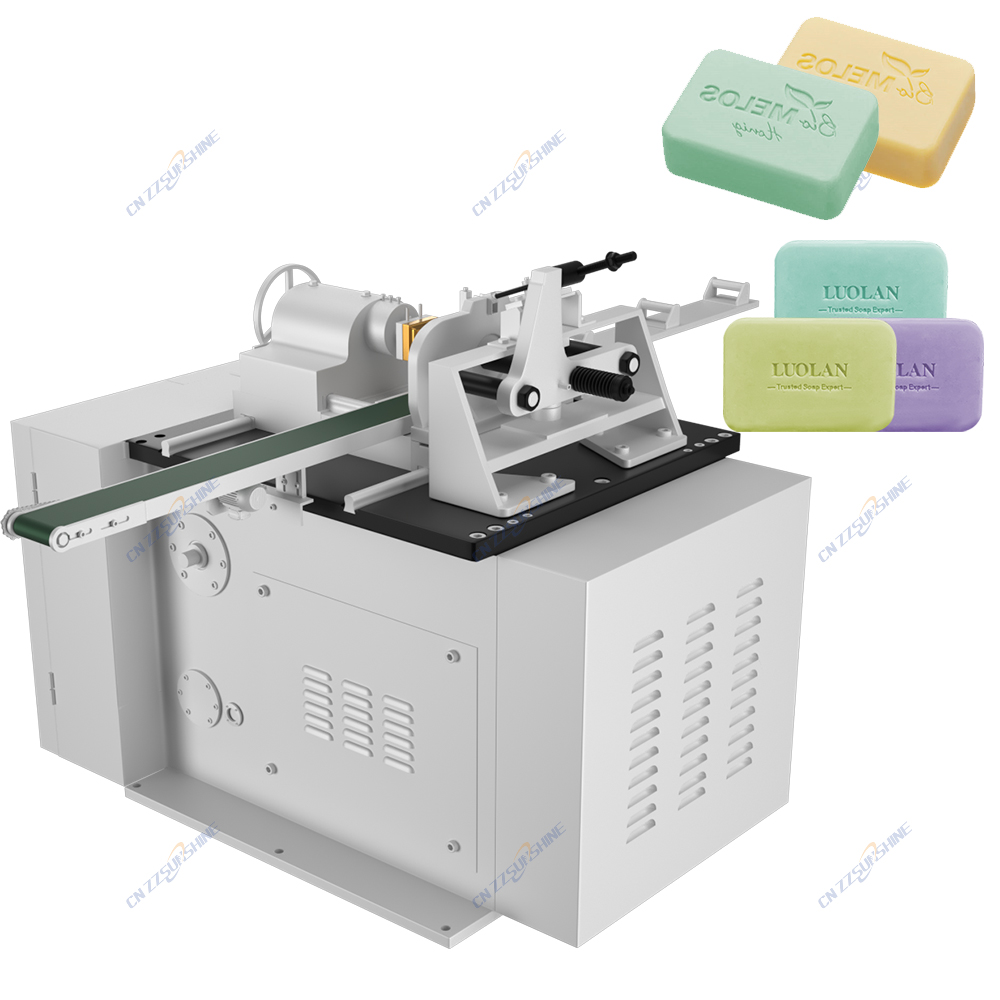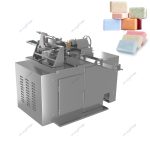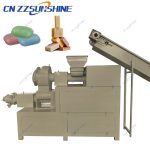Modern soap manufacturing demands efficiency, consistency, and scalability. Implementing a fully integrated soap making production line is the key solution for factories aiming to meet high-volume requirements while maintaining superior product quality. This system seamlessly combines several specialized machines, each playing a critical role in transforming raw materials into finished bars.
The process begins with precise ingredient handling. Industrial mixers for chemical processing, often heavy-duty sigma blade or paddle mixers, ensure thorough and homogeneous blending of fats, oils, alkalis, and additives. Consistent mixing is fundamental for achieving the desired saponification reaction and final soap properties.
Following mixing, the soap mass undergoes refining and homogenization. This is frequently achieved using a three roller mill for cosmetics and soap applications. The rollers exert high pressure, shearing the soap to eliminate lumps, incorporate additives evenly, and create a smooth, uniform texture essential for premium bars, whether for laundry or toilet soap.
The refined soap then enters the extrusion phase, the heart of the line. A vacuum plodder, or soap plodder machine for bar soap, is crucial here. It compresses the soap under vacuum to remove trapped air, significantly improving the bar’s density, lather quality, and longevity. The vacuum plodder extrudes continuous, solid logs of soap at controlled pressures and temperatures.
Next, the continuous soap log is precisely cut into individual blanks. An automatic block cutter machine, often an electric washing soap cutter, ensures accurate, uniform sizing with minimal waste. For specialized shapes or custom branding, a custom soap cutting machine can be integrated into the finishing line.
Finally, the cut bars proceed through cooling, stamping, and packaging. Depending on the line’s focus – be it a laundry bar soap production line, a toilet soap finishing line, or a beauty soap making line – downstream equipment like automatic packing machines for food-grade packaging completes the process. The integration of an industrial chiller for machinery is often vital for cooling extruded logs or controlling process temperatures in mixers.
The advantages of a complete automatic soap production line are clear: significantly reduced manual labor, minimized product variation, enhanced throughput, and improved overall product quality. From the initial soap mixer to the final soap cutter, each component is engineered to work in harmony, delivering a reliable, high-output solution for manufacturers seeking to optimize their bath soap making machine or laundry soap making line operations.





